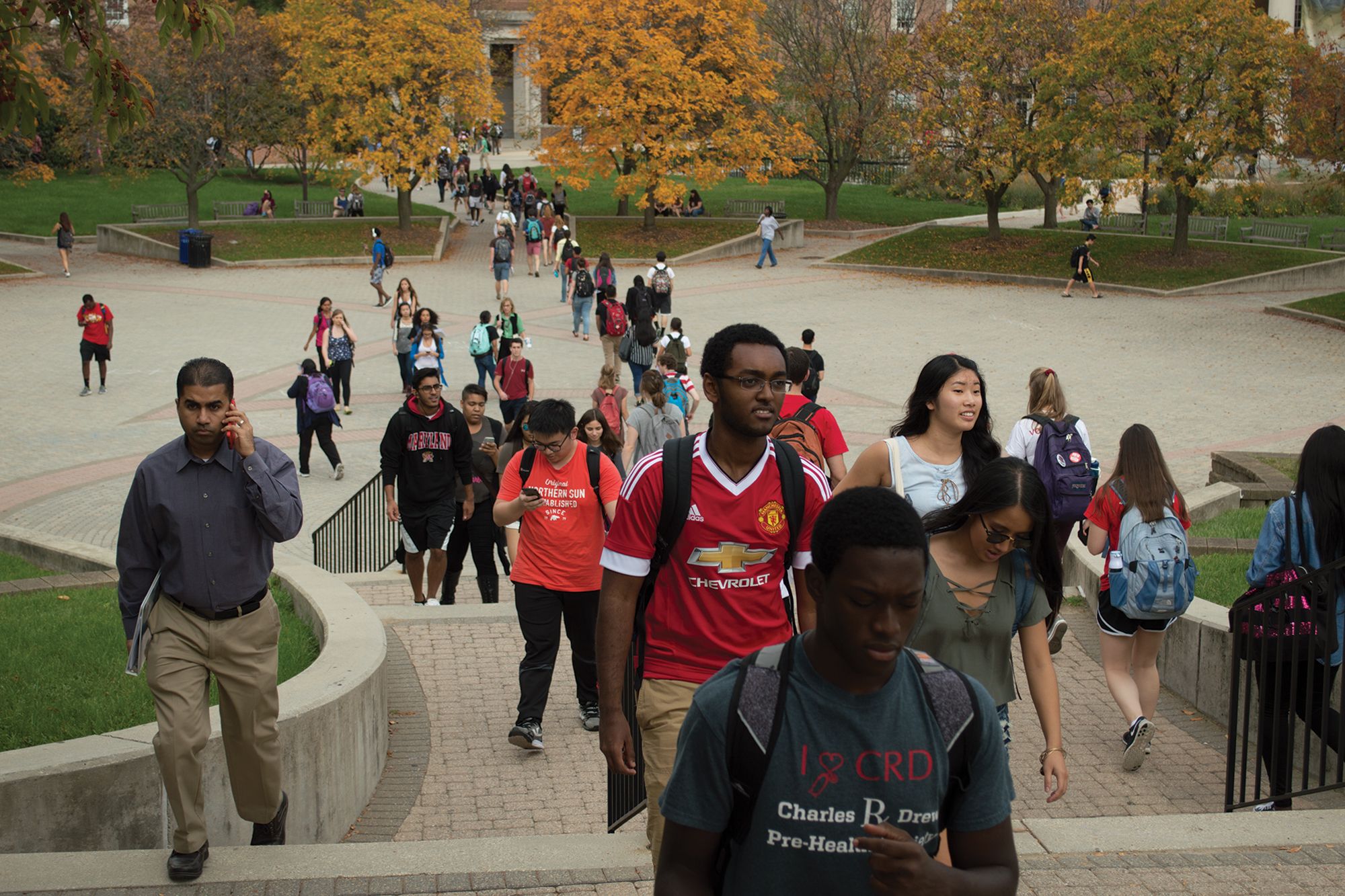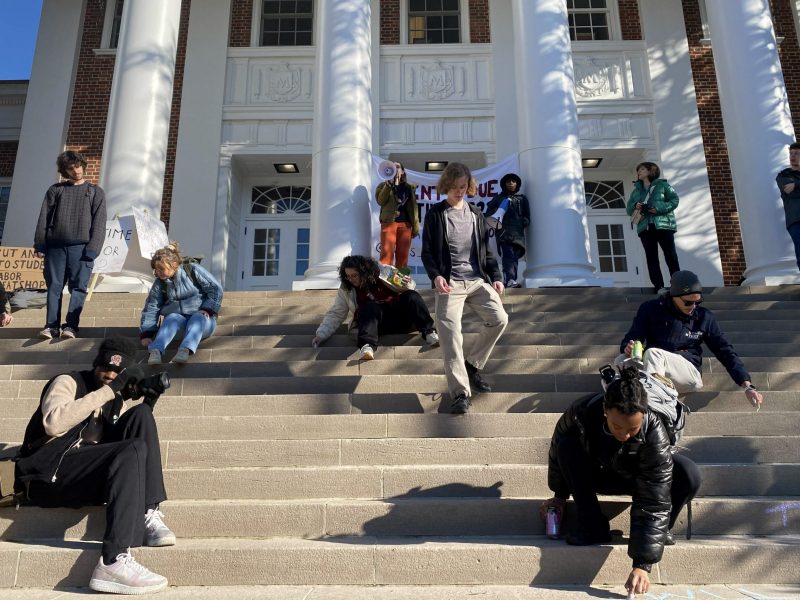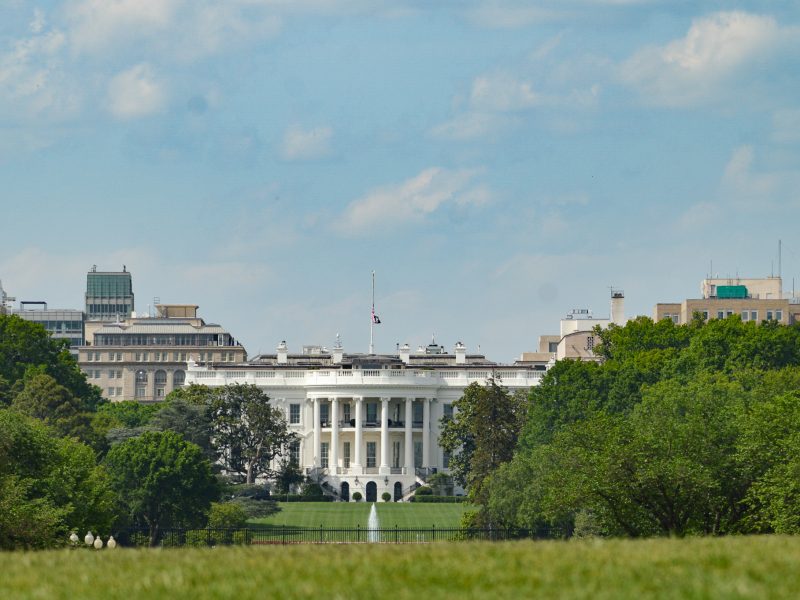Views expressed in opinion columns are the author’s own.
Last week, my colleague Max Foley-Keene wrote a piece defending the millennial college student. He claimed that, contrary to popular belief, college students are not “snowflakes” scared of engaging in real conversations but are authentically compassionate and inclusive members of society who attempt to fight intolerance and bigotry. And for the most part, he’s right. A majority of the time, college students supporting social justice do a lot to push our society in a better direction.
However, there is also something very subtle yet troubling with this generation of college students. Foley-Keene wrote, “Feelings are a valuable component of argument, and bullying students into using logic exclusively is shortsighted. … [A university] also must avoid inflicting unnecessary pain onto students.”
In the beginning of the summer, I wrote a column about free speech on campus in which I endeavored to differentiate between direct hate speech and speech that is uncomfortable. I believe we are often too quick to avoid the uncomfortable because it inflicts pain on ourselves.
Pain is often a necessary part of learning. Reading Maya Angelou’s iconic work “I Know Why the Caged Bird Sings” is supposed to be painful as we read about her experience being raped at eight years old. And while it is understandable for survivors of sexual assault to want to avoid reliving their experiences, others avoid reading the work because it is severely uncomfortable. The same thing can be said about the scenes depicting racism in Harper Lee’s “To Kill a Mockingbird.” We cannot avoid these uncomfortable works because discussing their content hurts. This phenomena of avoiding the uncomfortable happens not only in literature, but throughout academic institutions.
Why? Because students believe, as Foley-Keene wrote, that “bullying students into using logic exclusively is shortsighted.” Yet, while feelings are important, they cannot alter or eschew facts. We cannot believe what we want because it’s easy. We must encounter what is hard if we want to engage with an authentic search for knowledge and truth. Discovering knowledge and truth should be part of every student and university’s mission.
We cannot allow opinions to be censored, even if they are painful, and that happens way too much on campus. In their viral Atlantic piece, which, to his credit, Foley-Keene cites, Jonathan Haidt and Greg Lukianoff note that University of California schools made a list of offensive statements that included “America is the land of opportunity” and “I believe the most qualified person should get the job.” Avoiding debate over those statements is harmful not only to the students hearing them but also to the students espousing those supposedly offensive viewpoints. The American reality is obviously not as simple as those statements suggest, but if we can never engage with adherents to those views, how will they know the truth? How can we bridge gaps between people who disagree?
We only play into the polarization of America and turn people into Trump voters as they feel more isolated and attacked. The alternative to using logic exclusively is not eschewing it totally; it’s learning how to have civil discussions. And when we encounter pain, either through microaggressions or through intolerant perspectives, we should be secure in the knowledge that, even though it can hurt, we are having important conversations. Furthermore, we need to recognize that even if something does hurt, that doesn’t make it wrong. Sometimes an attempt to avoid pain can result in avoiding logic. Only by facing our pain can we discover and acquire knowledge. Anyone who can’t afford to have that discussion is truly a snowflake.
Moshe Klein is a junior economics and government and politics major. He can be reached at mosheylklein@gmail.com.



